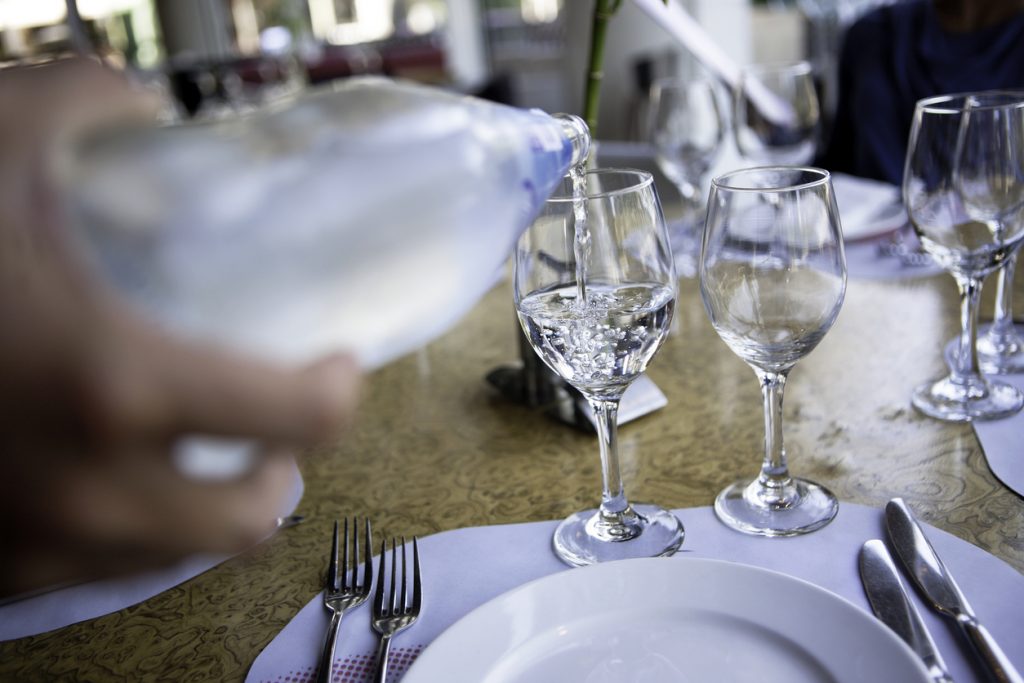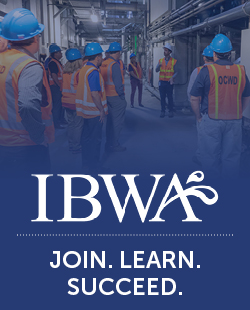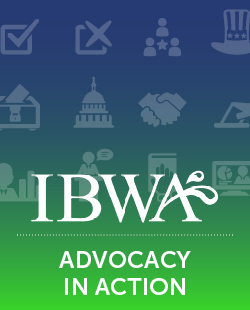Filtered Water
Filtered Water
Most people who drink bottled water also drink tap water, depending on the circumstances.
Filtered water (home filtration)
Filters manufactured for use in the home use carbon, also called activated charcoal, which is basically charred wood or other natural substance. The carbon molecule in those filters attracts minerals and some toxic chemicals. There are no federal regulations regarding the design or effectiveness of water filters. Four of the 50 U.S. states (California, Iowa, Massachusetts, and Wisconsin) have regulations and requirements for some types of water filters installed, sold, or distributed in their state.
Carbon is fairly non-toxic and will remove some toxic chemicals and chlorine. It is a very natural type of water filtration system, but it will not filter out fluoride or most toxic metals. It will also not filter out certain small organic and other chemical contaminants.
Carbon filters also eventually clog up and stop working, and there are few ways to tell when it is time to change a carbon filter. A dirty or clogged carbon filter is worse than no filter at all because carbon can support bacterial and fungal growth—some of which are toxic—yet they are odorless and tasteless. Because it is very difficult to tell if your filter is contaminated or if it’s filtering the water efficiently, it is important to change your filter per the manufacturer’s recommendation.
Filtered water (restaurants)
It is not uncommon for restaurants to offer their customers the option of “filtered water” or “house filtered” bottled water.
IBWA supports the practice of restaurants offering bottled water, as defined by the U.S. Food and Drug Administration (FDA), and over-the-counter filtered tap water. We encourage restaurateurs to properly inform their customers about the water products they have on their menus and provide customers with safe, quality water for consumption.
When a restaurant serves house filtered water in a sealed container, consumers believe, reasonably so, that the product (and the facility that bottled it) meets all state and federal safety standards and licensing requirements. If the restaurant is not a licensed water bottler and has not adhered to all applicable bottled water laws, the consumer would be misled.
This type of deception, regardless of intention, would be a violation of Section 5 of the Federal Trade Commission Act, 15 U.S.C. §45, as well as similar state consumer protection laws. It could also serve as the basis for private litigation.
Importantly, if a restaurant customer is asked if “bottled” or “tap” water is preferred, and answers with a preference for “bottled” water, then serving filtered water in a bottle would potentially be a deceptive practice and actionable under state consumer protection laws. This is because the consumer, in that circumstance, would expect to be served one specific type of beverage but, in fact, would be receiving a different type. This could be significant if the price charged would appear to be for a “premium” beverage.
Restaurants should ensure that the people who eat at their establishments are fully informed about the type of water products that are being served to their tables. IBWA has prepared a helpful guidance document—Restaurant Filtration Over the Counter Units—to provide clarification and information surrounding the representation of filtered tap water in restaurant and food service settings.



